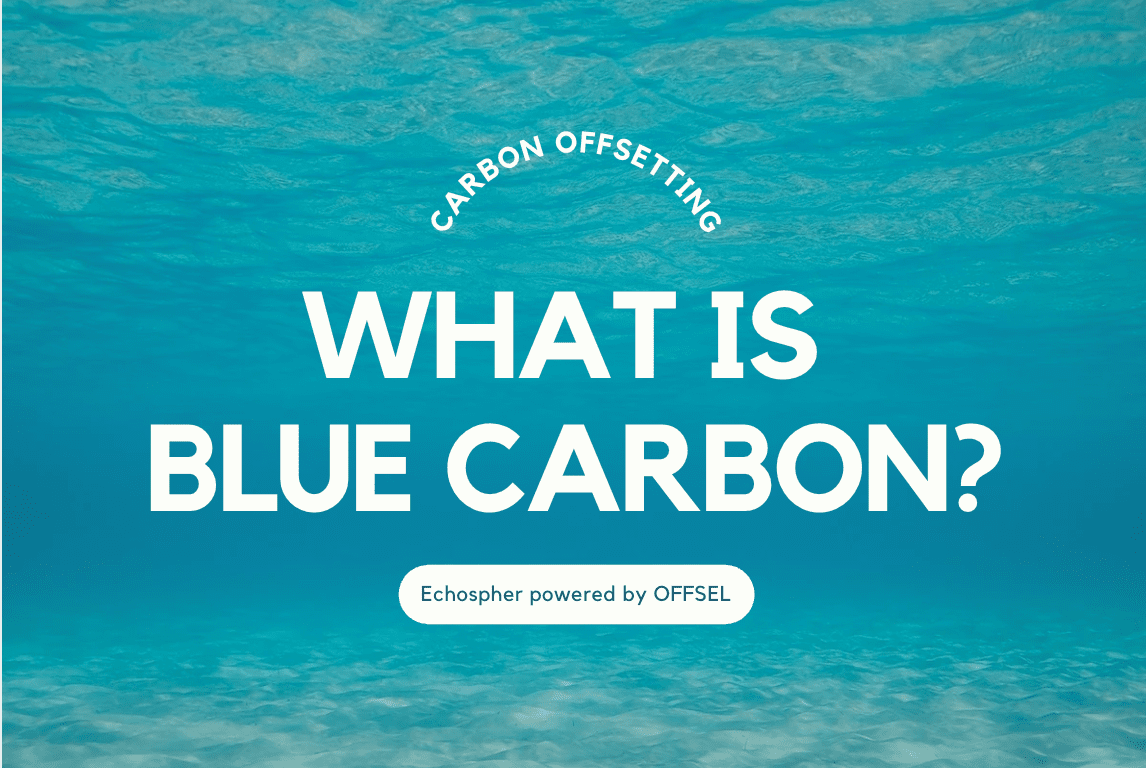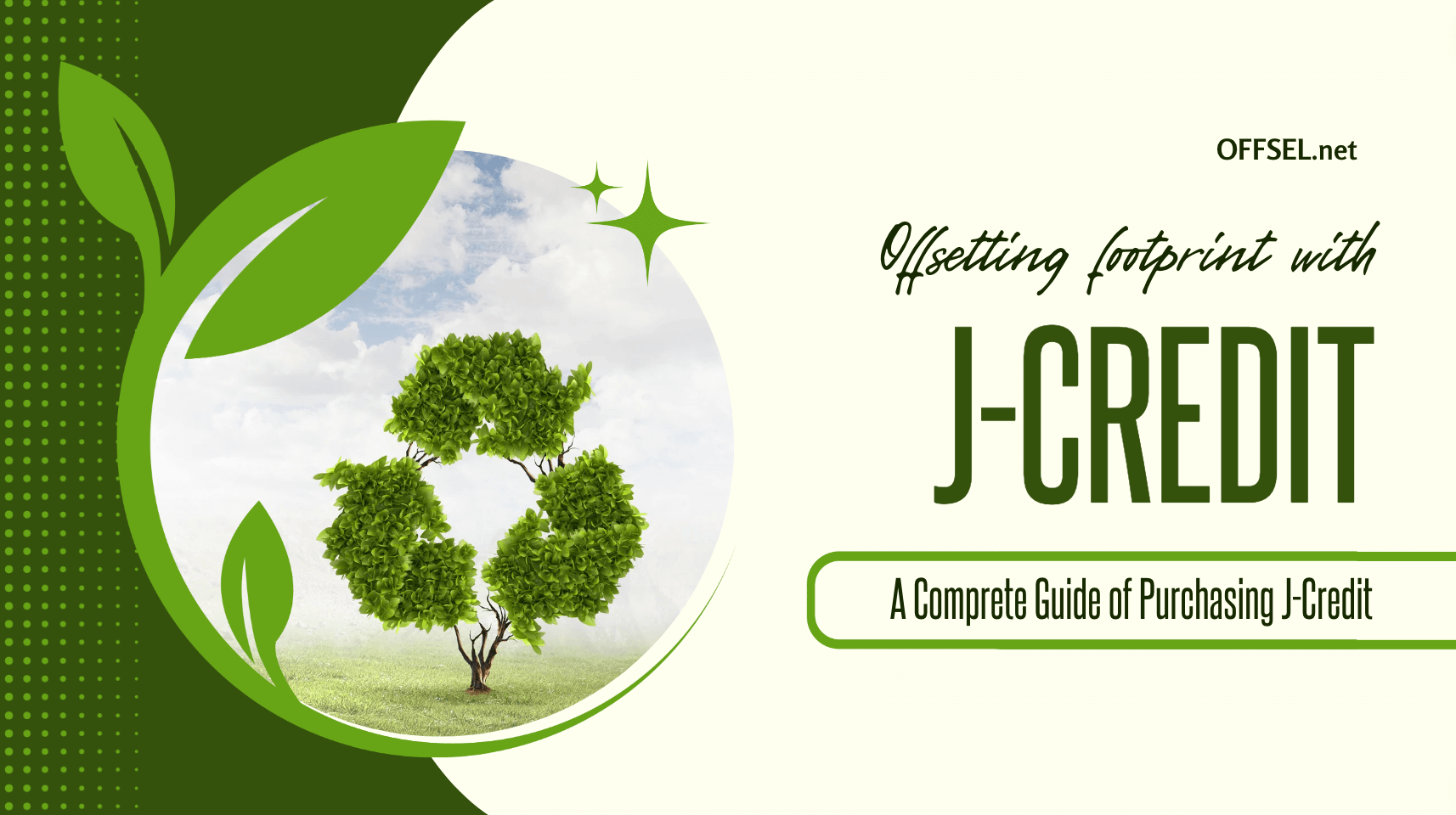What Is The Verified Carbon Standard (VCS)?
- CO2-reduction

Table of Contents
What is the Verified Carbon Standard (VCS)?

The Verified Carbon Standard is a criteria for ensuring robust quality in credits generated from greenhouse gas emission reduction and absorption projects in the voluntary carbon market.
Standards such as Verified Carbon Standard (VCS), Gold Standard(GS) ensure that the carbon reduction projects are real, additional (beyond business as usual), sustainable, and verifiable.
How has VCS developed?

The Verified Carbon Standard (VCS), managed by a company Verra, was created to bring standardization and credibility to the voluntary carbon market. The VCS was launched in 2005 by the Climate Group, the International Emissions Trading Association (IETA) and the World Economic Forum, and later by the World Business Council for Sustainable Development (WBCSD). The VCS aims to ensure that carbon reduction projects are genuine, measurable, and verifiable.
The Verified Carbon Standard Association, founded in Switzerland in 2007, has developed methodologies for a variety of projects, including REDD, wetlands, and improved forest management. By issuing tradable greenhouse gas credits (Verified Carbon Units, or VCUs), VCS has facilitated financing for clean, innovative businesses and technologies.
VCS and Verra
VCS is managed and operated by Verra. The operating organization “Verra” is a non-profit organization based in the United States, established by the investment advisor “Climate Wedge” and its partner company “Cheyne Capital” to promote the voluntary carbon credit market.
While focusing mainly on initiatives related to carbon credits, Verra provides standards to ensure transparency, reliability, and quality in the issuance and trading of environmental services. It is a highly trusted organization globally, particularly for its activities in evaluating the contributions of companies and projects to climate change mitigation.
What is the role of Verified Carbon Standards in the carbon credit market?
Verified Carbon Standards (VCS) play an important role in the carbon credit market. Here are the key aspects of their role:
Standard set: VCS provides a framework for validating and verifying carbon emission reduction projects. This ensures that the projects are real, measurable, sustainable, and contribute to additional emissions reductions that would not have occurred without the project.
Certification and verification: Projects that meet the VCS criteria are certified and issued carbon credits. Each credit represents the reduction or removal of one metric ton of carbon dioxide or its equivalent in other greenhouse gases, and by setting clear standards, VCS encourages the development of new and innovative projects for emission reduction and removal projects.
Global reach: VCS is widely recognized and used around the world, allowing for a wide range of projects from different countries to participate in the carbon market.
What are the benefits of the Verified Carbon Standard (VCS)?
Increased credibility: The Verified Carbon Standard (VCS) is a globally recognized standard that adds credibility to carbon reduction efforts. Organizations and projects that use this standard can demonstrate their commitment to real, measurable environmental benefits.
Access to carbon markets: By complying with the VCS, projects can generate Verified Carbon Units (VCUs) that can be traded on the global carbon market. This can provide financial incentives to reduce greenhouse gas emissions.
Improved environmental impact: The VCS ensures that carbon offset projects contribute to actual greenhouse gas reduction, increasing their positive environmental impact. any VCS projects also contribute to sustainable development goals, such as improving air and water quality, conserving biodiversity, and supporting local communities.
Transparent and reliable reporting: The standard requires rigorous monitoring and reporting to ensure that claimed carbon savings are accurate and reliable.
Investors, customers, and other stakeholders are increasingly concerned about environmental issues. Implementing VCS can build trust with these groups by demonstrating a commitment to verified and effective carbon reduction strategies.
The latest updates by Verra in 2024
A notable aspect of VCS is its flexibility and broad applicability. Projects under the VCS program cover a wide range of categories, including energy, industrial processing, construction, transportation, waste, mining, agriculture, forestry, grasslands, wetlands, and livestock and manure management. This diversity allows for a wide variety of projects to reduce or eliminate greenhouse gas (GHG) emissions in different contexts and regions.
Verra has recently made significant updates to its methodologies and standards, particularly for forest-based carbon offsets. These changes are part of an effort to improve the integrity, usability, and transparency of the carbon crediting program.
Updated methodology for REDD+ projects
Verra has introduced a new draft methodology for REDD+ projects, which represents a major revision of its practices. This update aims to improve the way baselines are set for these projects and takes advantage of remote-sensing technology to provide more accurate countrywide data. Baselines, which is critical to estimating avoided emissions, will now need to be reassessed every six years instead of ten. This is expected to provide greater consistency across projects and more accurately reflect actual emissions reductions.
Introduction of new labels
The Verra’s latest update, known as VCS version 4.5, includes new labels for carbon removal credits and for offsets under Article 6 of the Paris Agreement. These labels will help distinguish Verified Carbon Units based on greenhouse gas emission reductions from those based on CO2 removals. The inclusion of Article 6 labes is particularly significant as it sets out the rules for global trading of greenhouse gas emissions reductions and is expected to have a significant impact on voluntary carbon credit markets.
Addressing integrity and quality concerns
Recent criticism of the VCS program’s effectiveness in delivering genuine carbon offsets has prompted Verra to make these changes. The integrity and quality of forest-based carbon credits has come under scrutiny, prompting Verra to defend its work and commit to continually updating and strengthening of the VCS based on the latest science and data. These changes include enhanced environmental and social safeguards, increased withholdings for non-permanence risk, and stronger sanctions procedures for non-compliance with VCS program requirements.
These updates reflect Verra’s ongoing commitment to improving the carbon credit standards and methodologies, particularly in light of growing scrutiny and the need for more reliable and transparent carbon offsetting mechanisms
The VCS’s global reach, flexibility in project types, and rigorous certification process make it a key player in the fight against climate change, enabling companies and countries to effectively contribute to carbon neutrality goals.
CONTACT US
Please feel free to contact us at anytime.
We will get back to you as soon as we
can!
Editor
OFFSEL Owned by Erevista Inc, OFFSEL is specializes in Environmental issues, especially in carbon neutrality. We primarily provide the latest information on environmental energy.




